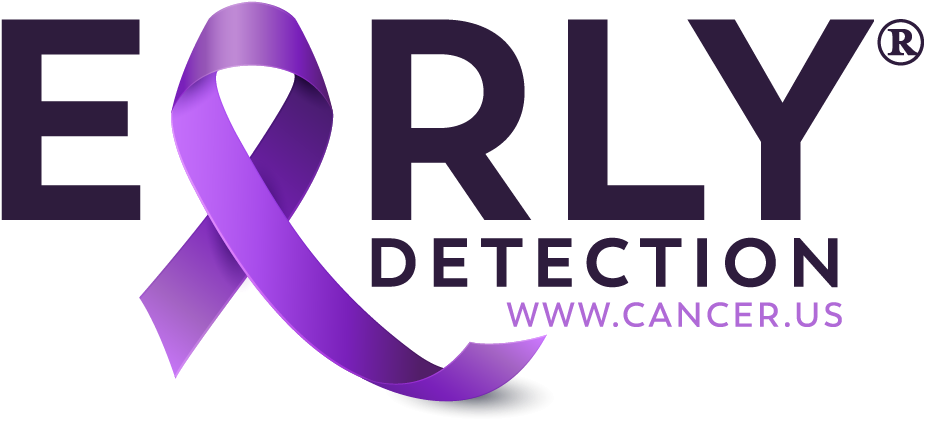
Colorectal cancer is estimated to have claimed the lives of 24,080 US women in 2023.
If a tumor of the colon can be found before it has spread (Stage 1 and 2), then usually it can be removed, thereby leaving the patient cancer-free. However, treating a patient whose colon cancer has already spread (Stage 3 and 4), it is far more complicated and most importantly, the prognosis is usually much worse.
Traditional Colon Screening
Standard screening tests have patients collect their stool and then send it to a lab to check for blood. Having patients collect a stool sample, understandably, has impacted compliance. This is not a diagnostic test, as blood can be present in the stool for many reasons in addition to cancer, such as a bleeding ulcer, or a hemorrhoid. The biggest problem with this testing standard is that early stage tumors may not be bleeding and therefore can be easily missed.
Blood and DNA Colon Screening
The last few years, patients have had the option of colon screening using the stool, that in addition to blood, also checked for DNA fragments from tumors. While this method is more sensitive in detecting cancers, there are still many false positives resulting with this test.
The purpose of the EarlyTest is to see if further testing, such as a colonoscopy, is necessary.
How the Altered Sugar Colon Screening Test is Conducted
At the same time a physician conducts a pap smear test for women, the physician can easily collect a small amount of rectal mucus, in order to perform our screening test. The rectal mucus is collected during an annual or physical exam. Compliance is superior to traditional colon screens for blood, as patients do not have to collect their stool sample and send it to a lab.
Results Before a Patient Leaves The Office
Once the mucus sample is collected, it takes approximately 15 minutes to receive results. Physicians and their patient can then decide if further testing (such as a colonoscopy) is necessary.
A clinical trial with Early Detection’s Chief Scientific Officer and lead researcher, Ivana Vucenik Ph.D, showed that the EarlyTest not only had a very high accuracy, but that it may also be useful to evaluate risk of recurrence.

